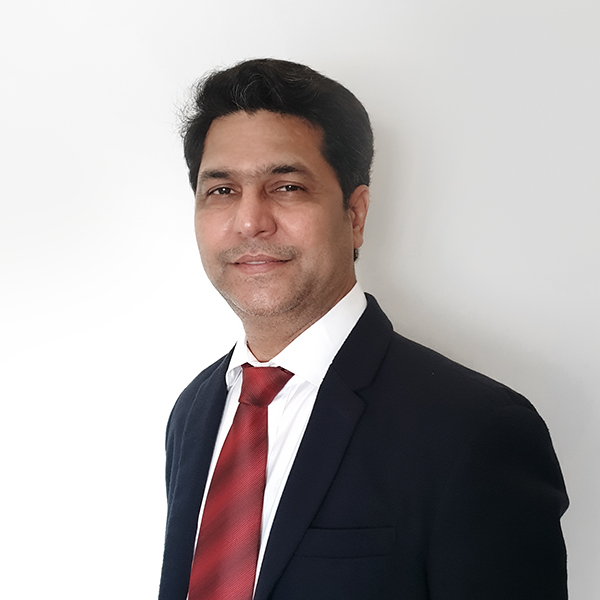
Grow through what you go through - embrace resilience, embody growth.
B N Ravi Kumar

Ravi’s journey unfolds as a narrative of financial brilliance, with a Bachelor of Commerce degree from Andhra University and a Chartered Accountant qualification from The Institute of Chartered Accountants of India. Since December 2008, he has been the driving force behind Centena Group's financial triumphs.
B.N. Ravi Kumar, as the CFO of Centena Group, continues to architect financial success and contribute significantly to the company's growth trajectory.

Ravi’s journey unfolds as a narrative of financial brilliance, with a Bachelor of Commerce degree from Andhra University and a Chartered Accountant qualification from The Institute of Chartered Accountants of India. Since December 2008, he has been the driving force behind Centena Group's financial triumphs.
B.N. Ravi Kumar, as the CFO of Centena Group, continues to architect financial success and contribute significantly to the company's growth trajectory.